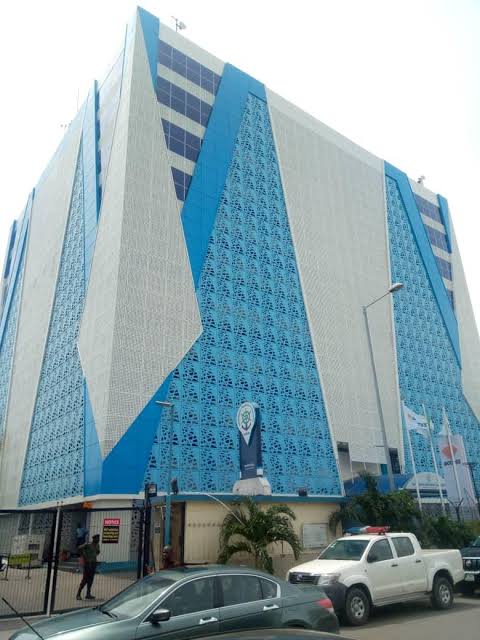Nigerian Maritime Administration and Safety Agency (NIMASA) has launched a campaign to eliminate war risk insurance (WRI) premiums imposed on Nigeria-bound cargoes, a financial burden that has cost the country over $1.5 billion in payments to international insurers over the past three years.
Gatekeepers News reports that NIMASA’s Head of Public Relations, Osagie Edward, announced this in a statement on Friday, noting the agency’s efforts to address the economic impact of these surcharges.
War risk insurance, which covers losses from acts of war such as invasion, insurrection, rebellion, and hijacking, is commonly applied in shipping and aviation industries for high-risk environments.
According to NIMASA, the WRI premiums consist of two components: war risk liability, covering people and goods aboard a vessel based on indemnity amounts, and war risk hull, covering the vessel itself based on its value.
The agency noted that these additional surcharges, initially introduced during the peak of Niger Delta militancy and piracy, have persisted despite significant security improvements.
The statement revealed, “Although the Nigerian Bureau of Statistics does not have precise data on the total WRI payments made to international insurers, available figures indicate that Nigeria has paid over $1.5 billion in the past three years alone to Lloyd’s of London, Protection and Indemnity (P&I) insurance, and other foreign insurance firms.
“The impact on Nigeria’s economy is staggering: for a Very Large Crude Carrier (VLCC) valued at $130 million, the WRI surcharge per voyage is approximately $445,000. For new container vessels valued at $150 million, the cost rises to $525,000 per voyage.
“Maersk, one of the world’s largest shipping companies, has also introduced a transit disruption surcharge of up to $450 per container, while other shipping lines impose a war risk surcharge of $40–$50 per 20-foot container.”
NIMASA stressed that Nigeria has been piracy-free since 2021, when the International Maritime Bureau (IMB) removed the country from its list of piracy-prone nations.
Edward stated, “Recognizing the severe economic implications of this financial burden, the Nigerian Maritime Administration and Safety Agency (NIMASA) under the leadership of Dr. Dayo Mobereola has launched an aggressive campaign to eliminate war risk insurance on Nigeria-bound cargo.
“The security concerns that originally justified these premiums no longer exist. Nigeria has not recorded a single piracy incident in over three years, and in 2021, the International Maritime Bureau (IMB) officially removed Nigeria from its list of piracy-prone countries.”
NIMASA also pointed to Nigeria’s collaboration with the Nigerian Navy and other security agencies through the Deep Blue Project, which has reduced piracy incidents in the Gulf of Guinea and earned Nigeria global recognition from the International Maritime Organization (IMO).
“Despite these achievements, international shipping companies have continued to impose war risk insurance premiums on Nigeria-bound cargoes,” NIMASA said. “In 2023, the International Bargaining Forum further validated Nigeria’s progress by delisting the country from the list of high-risk maritime nations.
“With piracy no longer a concern, why has the international shipping community continued to impose these excessive premiums?”
Edward added that NIMASA has engaged global stakeholders, including Chatham House, the United Nations, BIMCO, and INTERCARGO, to advocate for the removal of these premiums. The agency estimates that abolishing the WRI could save Nigeria over $400 billion annually.
He added that Arsenio Dominguez, the Secretary-General of the International Maritime Organization (IMO), has publicly acknowledged Nigeria’s achievements in enhancing maritime security.
NIMASA reiterated its commitment to ending the payment of war risk insurance premiums, which it estimates could save Nigeria over $400 billion annually.










